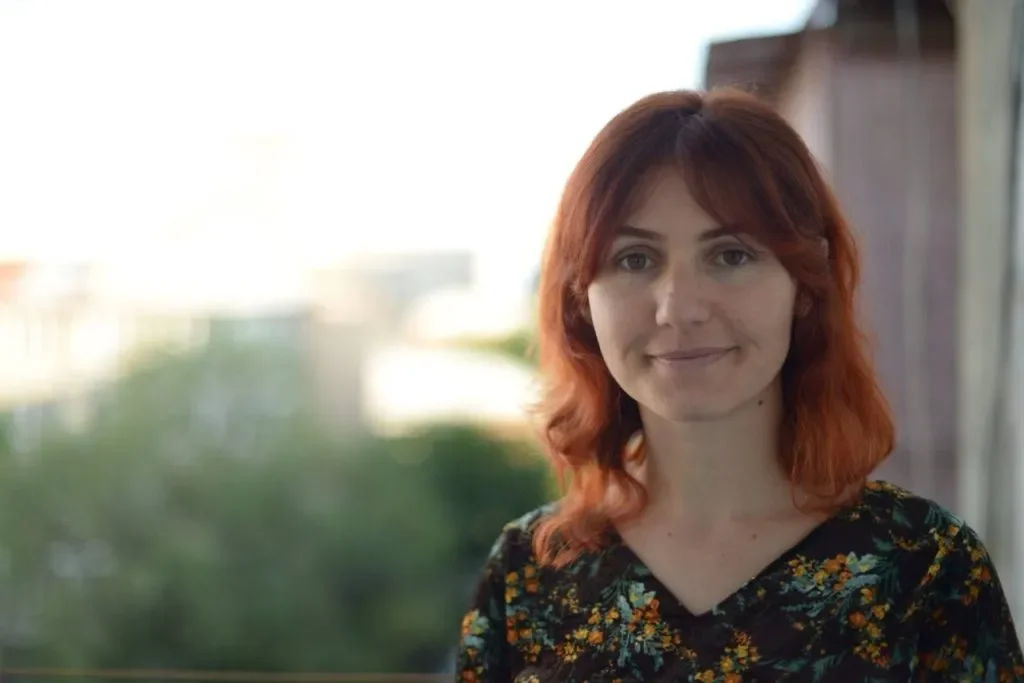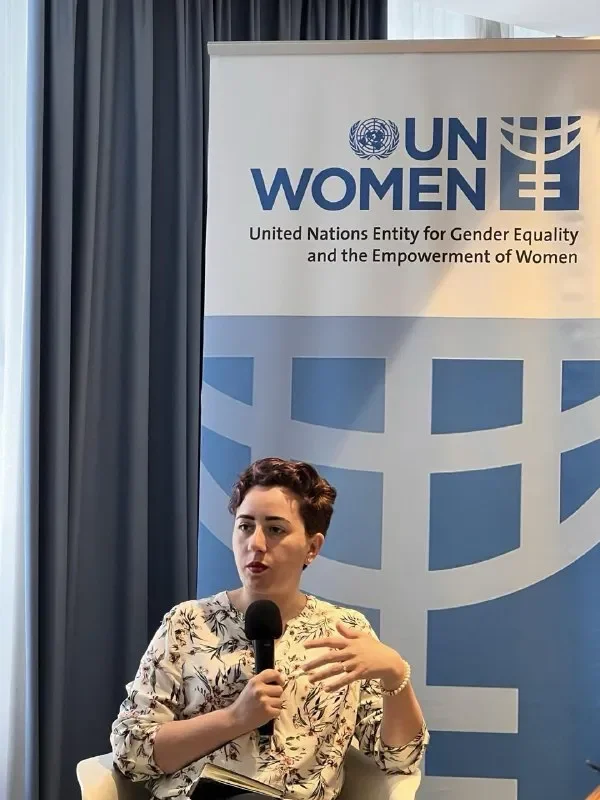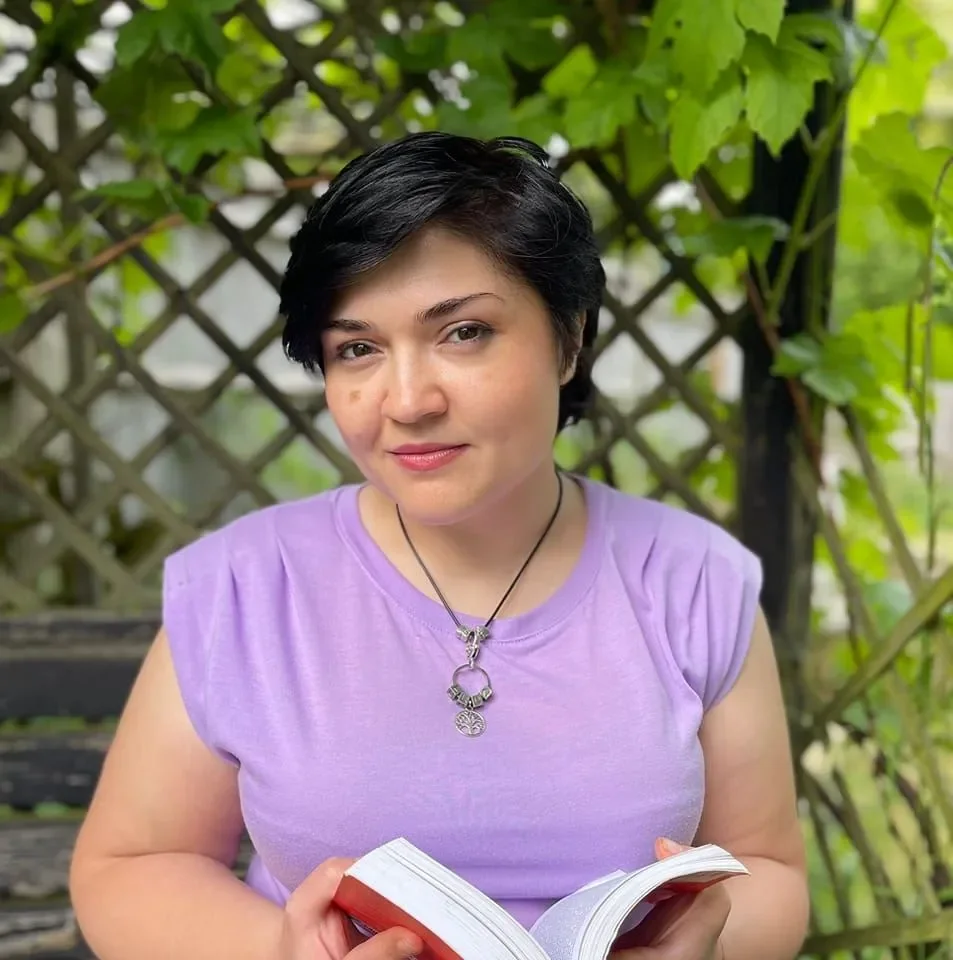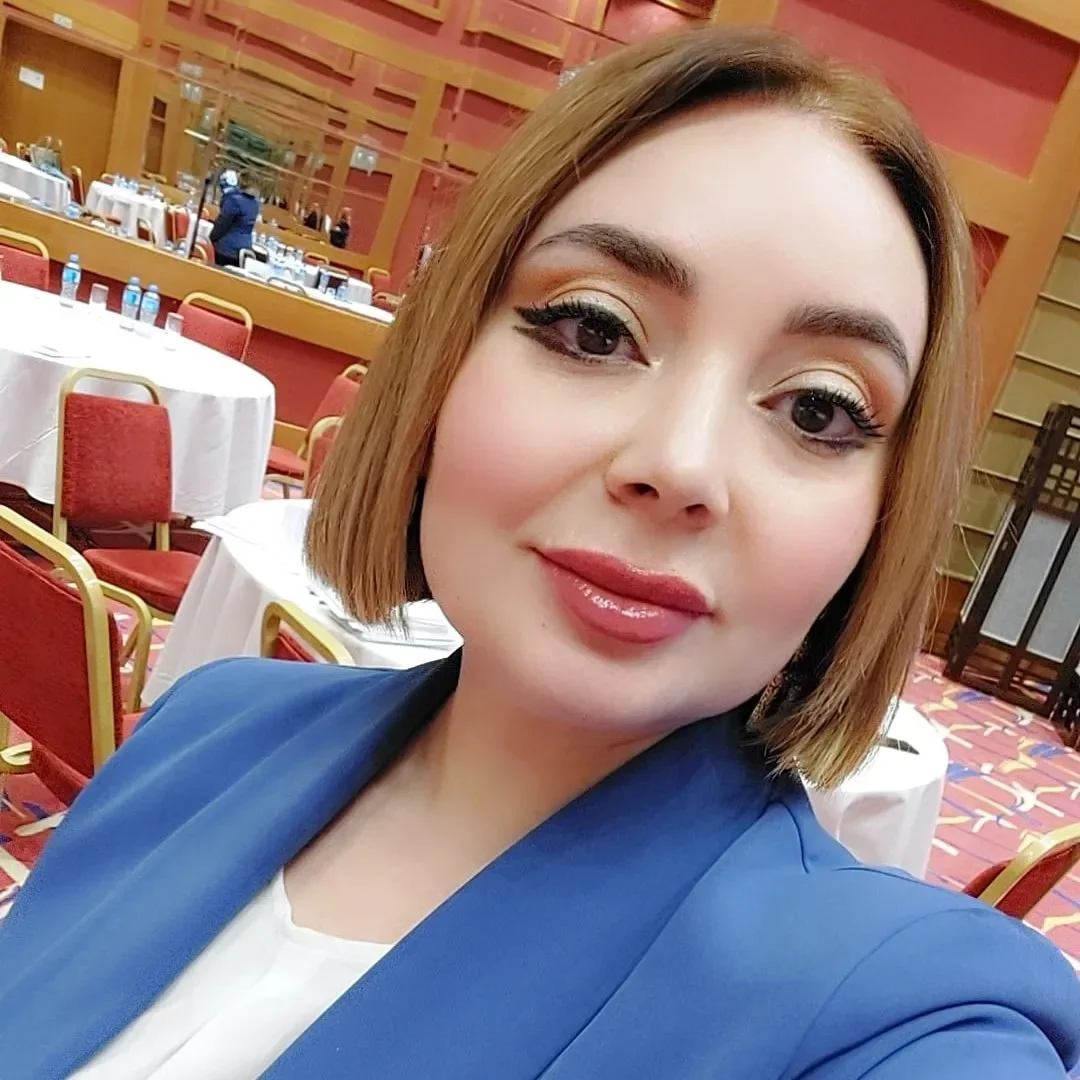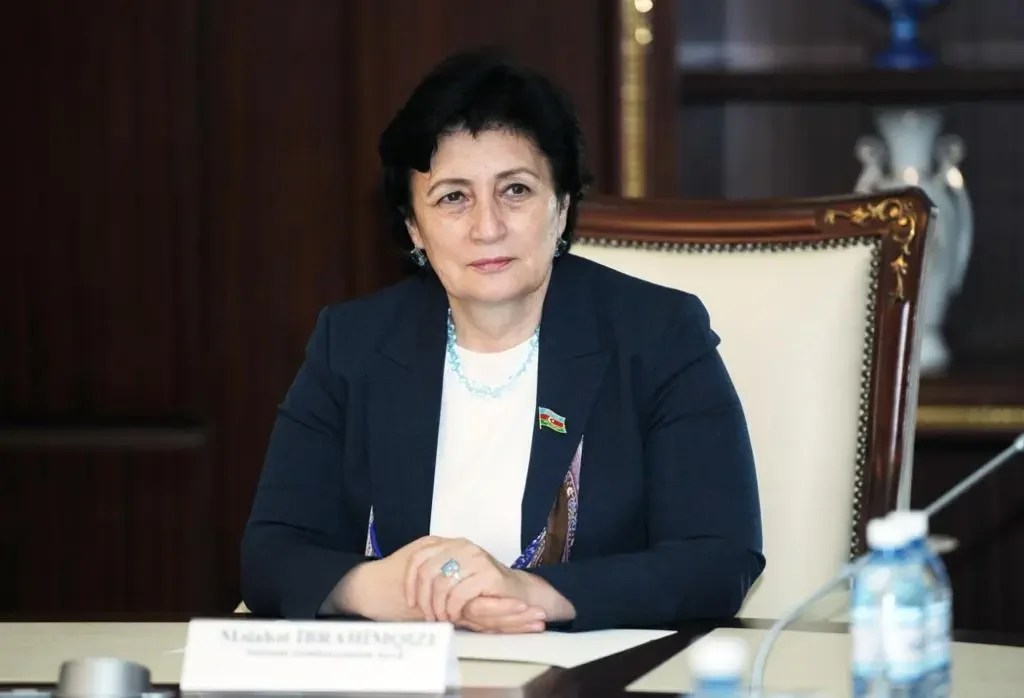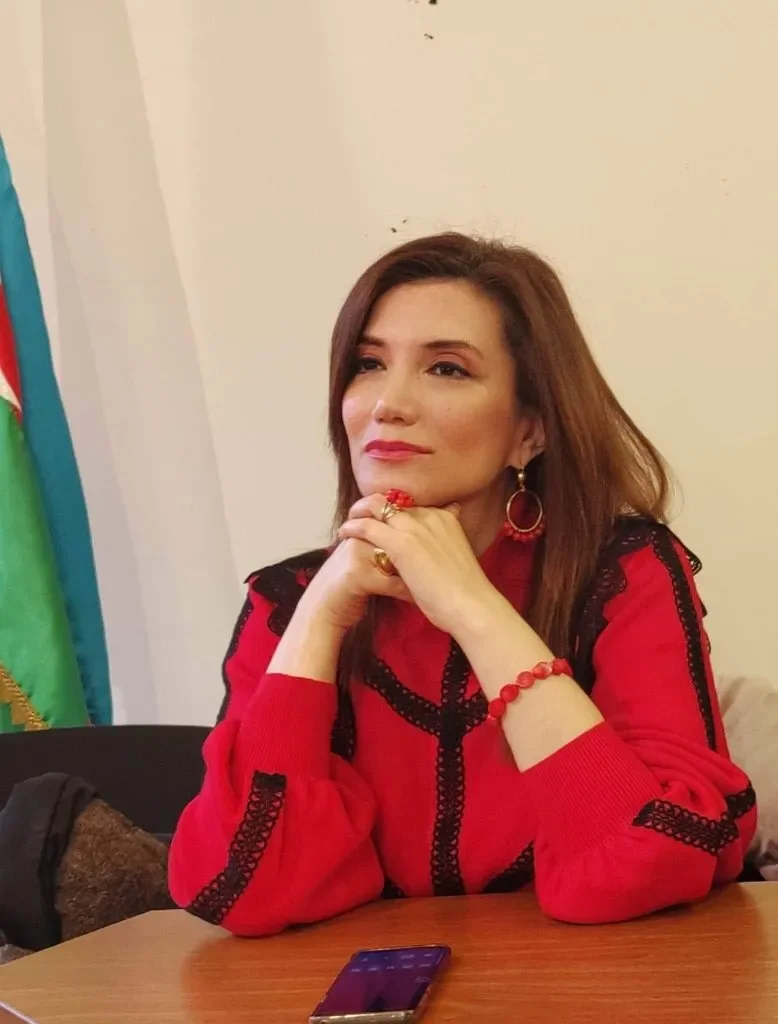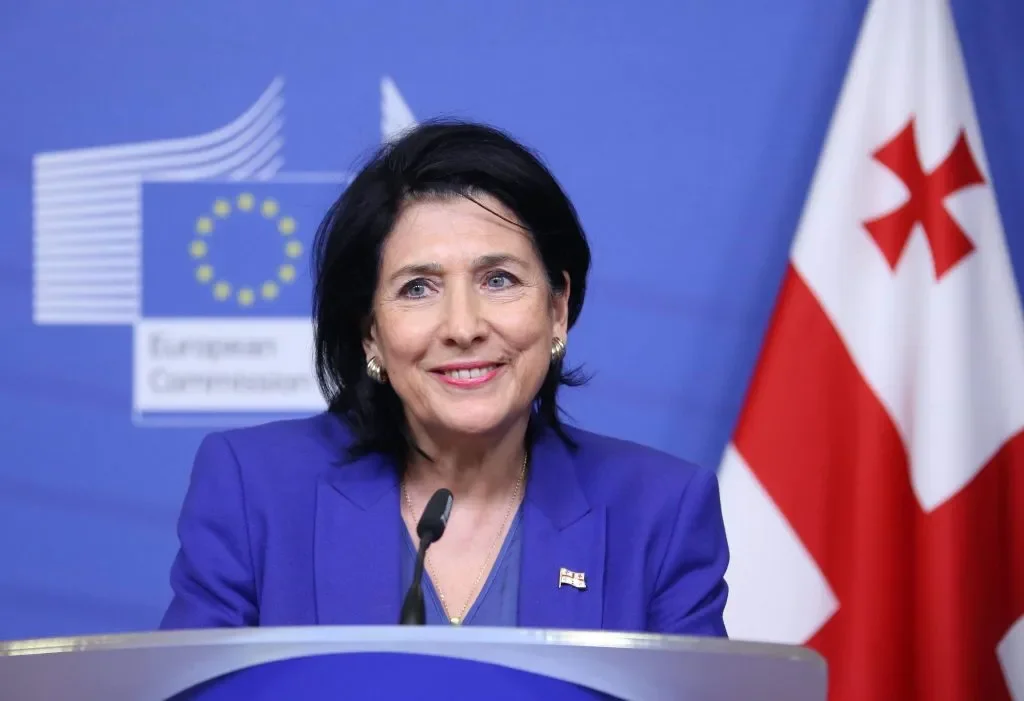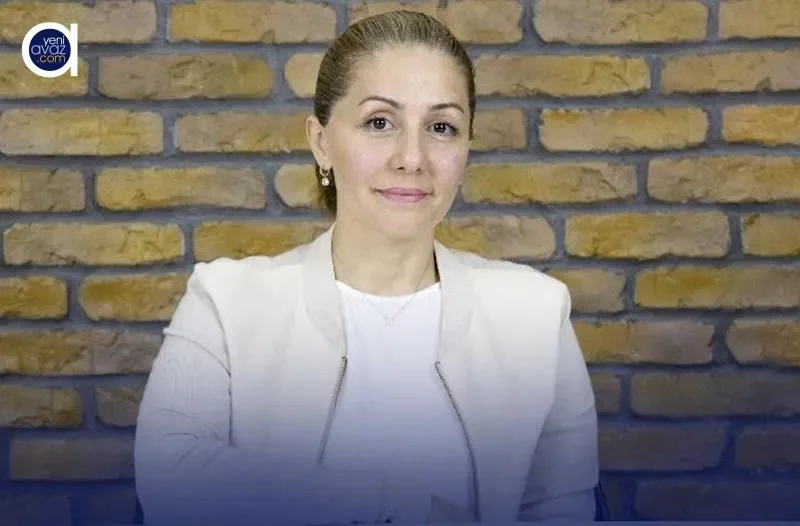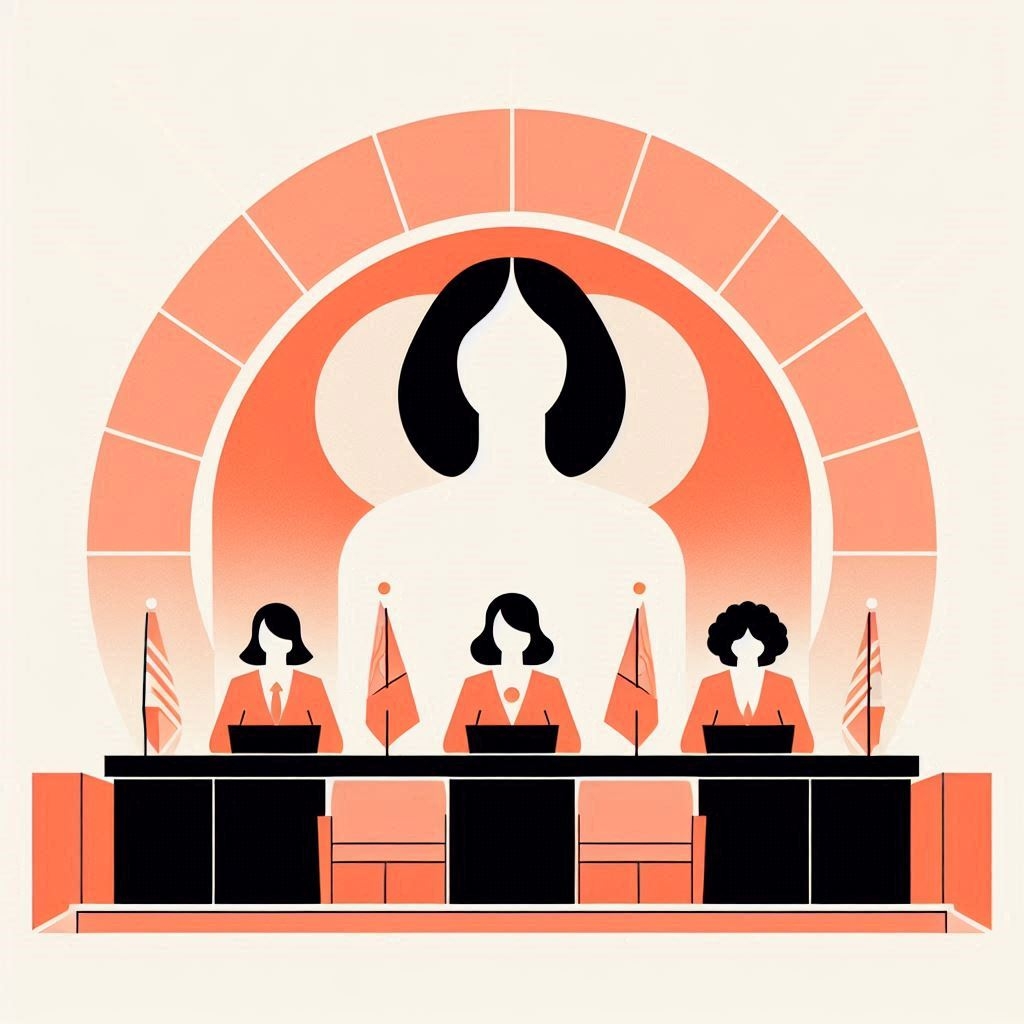
When officials make decisions, the whole population feels their positive and negative effects. Who exactly is making these decisions and passing these laws, which affect the lives of women and men?
Why is the participation of women in politics important?
“Caucasus Edition” has reflected on the role played by women in politics in the South Caucasian countries - Armenia, Azerbaijan, and Georgian.
According to gender researcher Lilith Hakobyan, a deep-rooted tradition in Armenia favours boys over girls from early childhood, shaping societal pre-constructed roles and undermining women's self-confidence when it comes to pursuing high positions.
She notes that most school events glorify military figures—men—reinforcing gender stereotypes.
Her research, “Gendered Nationalism In Public Education In Rural Armenina,” reveals that no matter how active women may be, they are relegated to supportive and narrator roles, overshadowed by men who take on more influential roles.
Women, who make up 53% of the population, hold a relatively small proportion of government positions. Only 39 of the 107 National Assembly members are female, thanks to a quota system in the Electoral Code. After the 2021 snap parliamentary elections, women comprised around 35% of the Parliament. This is a significant increase from 2003 when only 5.24% of MPs were women. Armenia has never had a female president, and Diana Gasparyan, 36, elected as the mayor of Ejmiatsin in 2018, is the only female mayor in its history. Women are also underrepresented In the judiciary, with only 93 out of 389 judges being female by 2022.
Anna Vardapetyan, 38, the only female Prosecutor General in Armenian history, highlighted at the “Influential Women: The Perspective of Women's Role in Society” conference that 100 out of 400 prosecutors are women. However, all prosecutors in Yerevan, its administrative districts, and the provinces are male, as is the Military Prosecutor.
Lilith Hakobyan, 33, believes that appointing women to certain positions often serves as a facade, lacking the power to enact systemic change, with an absence of any discourse on whether these women challenge the patriarchal system. She describes this as tokenism but it is often insufficient when it comes to addressing women's issues.
Despite the work done by women in high positions who advocate social issues, like domestic violence, Hakobyan sees this kind of “women’s representation” as part of the “progressive image” developed by Pashinyan. The heads of four government agencies are male, with only 8 out of 48 deputy ministers being women.
The 2 female ministers out of 12 head offices lead sectors traditionally associated with women's roles, says Hakobyan.
Anahit Avanesyan, 43, from the ruling “Civil Contract” (CC) party, who has been the Minister iof Health since 2021, and Zhanna Andreasyan, 43, who has been the Minister of Education, Science, Culture and Sports since 2022, are the only women ministers in the Executive Branch.
Zhanna Andreasyan’s discourse on patriarchy, nationalism and gender in Armenian textbooks differs from that of the previous ministers of Education and her gender-sensitive approach constitues a novelty, in Lilith’s view.
Andreasyan’s political background goes back many years. Besides working in the institutional government, she was also involved in academia and civil society as a journalist and a professor at YSU and BSU universities in Armenia. Before becoming the minister, she worked for 16 years at the “Center for Education Project PIU” of the Ministry of Education and Science in different positions, such as social assessment assistant and project manager-deputy director.
She is a positive exception for Lilith in the current liberal political climate, where "Women's involvement in politics" goes hand in hand with the strong political agendas of the female figure.
Women have actively participated in political movements in Armenia. Some joined Pashinyan's team after he came to power in 2018. However, the transition from civil society to the state apparatus has affected their political engagement.
Maria Karapetyan, 36, a former peace activist, became a CC MP in 2018 but faced criticism for abandoning her peacebuilding stance. Liza Matevosyan, 28, co-founder of
"Women’s Center Shushi," recalls admiring Karapetyan's past work in peace dialogues but acknowledges the challenges of maintaining those values in government roles.
“The system does not allow those women to act as they did when they were part of civil society. Before they came to power, so many laws were adopted, so many documents were signed that you don’t have that much power anymore.”
The never-ending war, in Nagorno-Karabakh, particularly after the 1990s, has led to the prioritization of men with military experience for high-ranking positions and, consequently, the marginalization of women. Matevosyan suggests that involving women with non-patriarchal and feminist values both from the Armenian and Azerbaijani sides in military or high positions could have influenced the course of the conflict.
Hakobyan argues that while securing space for women in institutional politics is essential, activism can sometimes be more effective. She believes that change can come from the grassroots level.
“Bringing about top-down changes doesn’t always work, sometimes the opposite can be true, it can work better from the bottom up.”
In representative terms, women remain a minority in politics, with men being more vocal and privileged, limiting women's opportunities to occupy and act in political spaces. Even the “Council on Women's Affairs,” established in 2019 by Pashinyan to address issues such as violence, hate speech, and discrimination, has never had a female head. The council, led by male Deputy Prime Ministers, is seen by Hakobyan as inadequate for fundamentally addressing women's issues.
“Women can make decisions according to their own experience, allowing them more access to women in different communities and giving them the opportunity to make themselves known.”
What is the situation in Azerbaijan?
The second highest position in Azerbaijan after the President is held by a woman. Apart from being President Ilham Aliyev’s wife, Mehriban Aliyeva is also the country’s Vice President. She was appointed to this position in 2017 by her spouse, President Ilham Aliyev. If the President is unable to uphold their duties for whatever reason, the Vice President can take the responsibility of filling that role.
Sahiba Gafarova holds the position of speaker in the National Assembly of Azerbaijan. Gafarova was chosen for this position in 2020 and is the first woman Speaker of Parliament in Azerbaijani history.
Nevertheless, according to the assessment of the common observer mission conducted by the OSCE/ODIHR, PACE and the OSCE PA, the Parliament elections of 2020, in which Sahiba Gafarova was elected, were not held according to European democratic norms and cannot be regarded as a representation of the free will of the people.
To what extent do the Vice President and Speaker of Parliament represent women’s interests?
Feminist activist Nisa Hajiyeva claims that representing women’s interests is not dependent on whether the person in a position of authority is a man or woman. She asserts that those in high positions, independent of gender, serve the interests of the current government in Azerbaijan.
“The system does not allow those women to act as they did when they were part of civil society. Before they came to power, so many laws were adopted, so many documents were signed that you don’t have that much power anymore.”
“Even in developed countries, where women are elected to high positions through fair and transparent elections and through their own merits, there are few women who represent women’s interests. This is because once female politicians get into power, they perpetuate the existing patriarchal system. They are obliged to act in accordance with the system’s rules.
Hajiyeva states that it is important for women to enter politics as they should be represented in government since they are a part of society:
“Perhaps this will lay the foundation for a pro-woman politics in the future”, says Hajiyeva.
21 female Members of Parliament were elected to the National Assembly of Azerbaijan in the 2020 parliamentary elections. If we take into account the fact that there are 125 Members of Parliament overall, women represent around 17% of this figure.
For instance, when the 28 members of the committee leading the imminent COP29 climate change summit were revealed, there was not a single woman among them. A number of women were added after a re-evaluation following criticisms.
Women in the judicial system
According to available statistics provided by the Judicial-Legal Council, Azerbaijan has 614 judges. 151 of these are women - approximately 25%.
Lawyer Rovshane Rahimli claims that the number of female judges has increased in recent times. This has brought about positive changes. Victims in cases of domestic violence feel more at ease when the judge and prosecutor are women.
The country’s Attorney General is currently Kamran Aliyev. He orders the appointment of prosecutors to the provinces. Out of 83 prosecutors appointed to the provinces, only four are women.
Why is the role of women in politics important?
The New Azerbaijan Party’s chairman in the Nasimi region and Member of Parliament of the 6th convocation of the National Assembly - Melahet Ibrahimgizi - says that the participation of women in politics is necessary when it comes to human rights.
“The state’s economic power should not be limited to oil and gas. The state’s strength is also dependent on labour resources. If women play a small role in politics, it means that the state is not making sufficient use of the labour market. The participation of women in socio-political life is also crucial from the point of view of humanism. They have the potential to instil compassion, mercy and justice into socio-political relations.”
When it comes to the lack of female deputies in Parliament, Melahet Ibrahimgizi asserts that it would be absurd to expect 35-40% of deputies being women if out of 1,000 candidates only 200 are women:
“Unfortunately, women rarely see politics as a career choice. Even if they study political science, they do not go on to gain experience in this field.”
Sara Rahimova is 27 years old. She has been involved in social activism for some time. She says that is has become relatively more difficult to be involved in socio-political activism compared to previous years:
“We are unable to take on the numerous social problems that exist in the country. The level of repression has increased in recent times, ranging from threats to arrests. It was previously believed that women involved in socio-political activism would not face imprisonment. However, we have recently witnessed a number of arrests of young female social activists. Speaking from experience, police came to my house and threatened my family as a result of my social activism.”
We have neither a female minister nor a female chief executive
We have neither a female minister nor a female chief executive in Azerbaijan. Besides that, there is no female chairman among the incumbent party or the opposition parties (New Azerbaijan Party, Azerbaijani Popular Front Party, Musavat, ReAl, National Council etc.).
Former Member of Parliament and member of the Coordination Center of the National Council of Democratic Forces, Gultekin Hajibeyli, says that women and men are given equal rights, but not equal opportunities:
“Women in Azerbaijan have been granted constitutional rights since 1918, in the period of the Azerbaijani Demcoratic Republic. Azerbaijani women were granted equal rights with men along with voting rights before many European countries and even before the United States of America.”
Gultekin Hajibeyli asserts that equal rights do not equate to equal opportunities. Inequality of opportunity is prevalent in Azerbaijan. This is connected to the structure of society. Azerbaijan is a country burdened with serious social issues.
Women are left in the shadows in this environment:
“Child marriage is still a relevant issue. Women in the villages of Azerbaijan in the 21st century still do not have access to washing machines. How can you imagine that women living in such conditions would participate in politics? Moreover, it is necessary to pursue a just politics. Engaging in political struggle currently involves imprisonment, hardship, unemployment, and repression.”
The place of women in Georgian politics
The President of Georgia is a woman - Salome Zurabishvili. However, since the country is a parliamentary republic, the most important figure and decision maker is the Prime Minister - Irakli Kobakhidze.
He replaced Irakli Garibashvili in this position in 2024.
Kobakhidze has since been the chairman of the “Georgian Dream” party. After being appointed Prime Minister, former Prime Minister Garibashvili took his place.
Mandatory gender quotas were introduced to the Georgian Electoral Code in the framework of electoral reforms in 2020. This was meant to encourage the equal participation of women in politics. Nevertheless, no significant measures were implemented.
According to statistics from September 2023, there were 27 women in the Georgian Parliament. This equates to 19.3% of the total number.
When it comes to the ministries, women hold 38% of decision-making positions in the Ministry of Defence. This number falls to 3.7% in the Ministry of Interior Affairs.
What is the situation in the political parties?
A report evaluating the effect and role of climate change on the lives of women claims that there is no comprehensive internal gender policy among the Georgian political parties. At the same time, women who are actively involved in politics face criticisms of various kinds (such as age, appearance, personal life).
The report notes that it is mainly men who hold decision-making positions, whether among the political parties or within the state structure. Mandatory gender quotas have not yielded the intended results.
“Women rarely work in decision-making positions in the municipalities. As a rule, they work either as secretaries or as part of management. They do not have decision-making powers”, notes the report.
Parliament elections are going to be held this year in Georgia. There is a hope that women will occupy more positions in Parliament on this occasion.
Chair of the Parliamentary Gender Equality Council, Nino Tsilosani, emphasised the importance of this, stating that the proportion of women in Parliament rose from 14% to 20% as a result of the mandatory electoral quotas.
According to Tsilosani, the proportion of women in local councils rose from 13.8% to 24% in 2021:
“Despite improvement, Georgian women hold only a fifth of seats in Parliament and a fourth of local councils. They currently have no significant influence on decision-making.”
The importance of the role of women in socio-political life
Azerbaijani political psychologist Samira Gasimli draws attention to the importance of women’s engagement in politics. She claims that the representation of women in socio-political life is an indicator of a society’s level of development:
“The government in Iceland is predominantly composed of women. 98-99% of the issues raised by international organisations and institutions working on the protection of women's rights have been resolved. This is not solely because the current Prime Minister is a woman. This is the result of a long-term process in Iceland. Despite that, protests against the gender pay gap took place a few months ago in Iceland. The Prime Minister and a number of other ministers joined ordinary citizens in the protests. What I am trying to convery is that the active engagement of women in political life does not only ensure their development and realisation of their potential, but it also represents a significant contribution to society.”
Samire Gasimli notes that the level of engagement by women in Azerbaijan, as well as in the South Caucasus as a whole, is low. The problem does not only lie in their lack of interest in politics, but also in the problem of the “political reality”, especially in Azerbaijan:
“Politics is inaccessible in this country. Politics has turned into a dangerous profession without any prospects. This is why men also have no interest in entering politics. In any case, there are still women who find inner strength and courage despite all the risks, pressures and repression.”
*The article was originally published on Femmekan, Caucasus Edition published the English translation of the article.
** For security reasons, authors prefer to stay anonymous.
